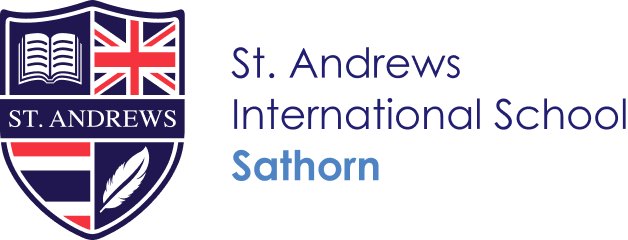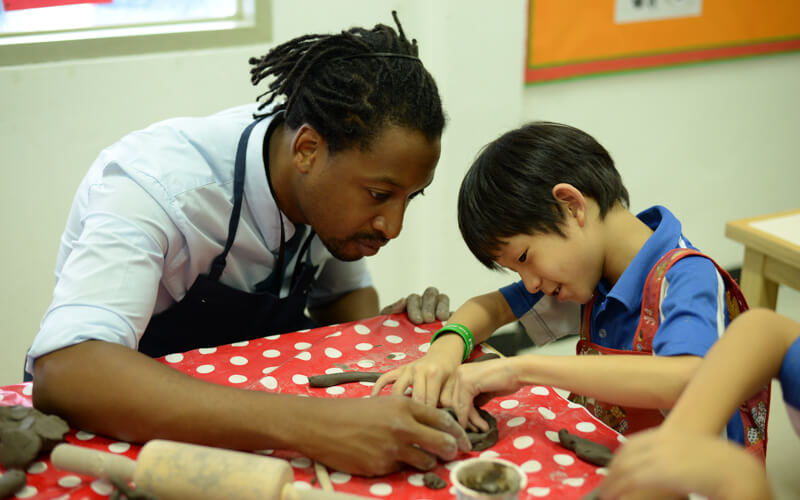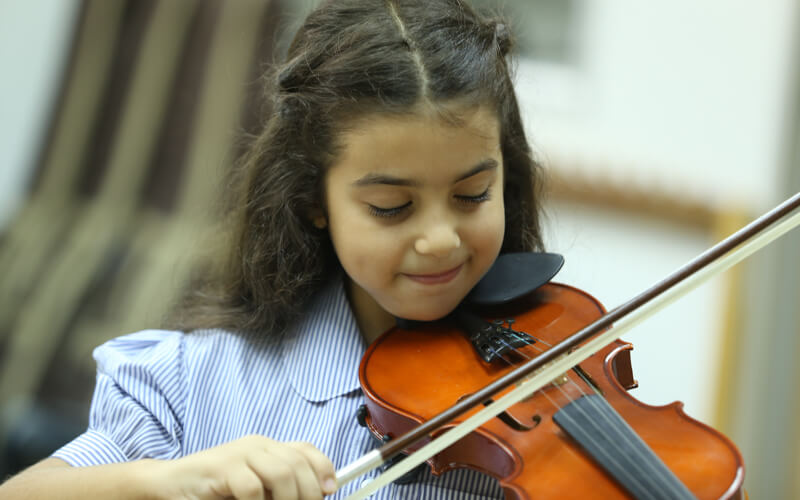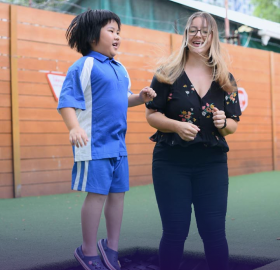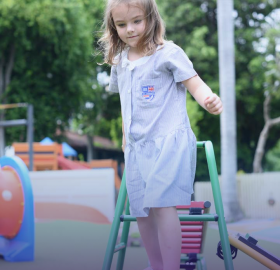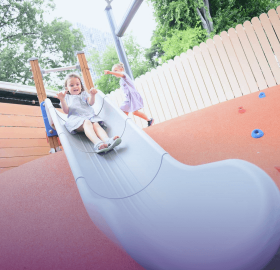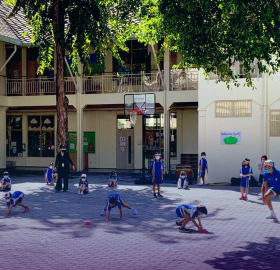- Communication and language
- Physical development
- Personal, social and emotional development
At St Andrews Sathorn, our Early Years is made up of Nursery, Kindergarten and Reception (for children aged 2-5 years old).
In the Early Years, children learn through play, exploration and discovery in a safe and stimulating environment. Our highly qualified expert Early Years teachers and support team work together to ensure your child has a rewarding and enriching learning experience which develops a life-long love for learning.
The Early Years builds the core foundations and provides children with the skills required to learn throughout their time at St Andrews Sathorn and beyond.
Our Early Years learning areas provide a stimulating environment where young children can explore, enquire and create. Specialist teaching in music, physical education, swimming and Thai enhance the broad Early Years Foundation Stage Curriculum on offer.
